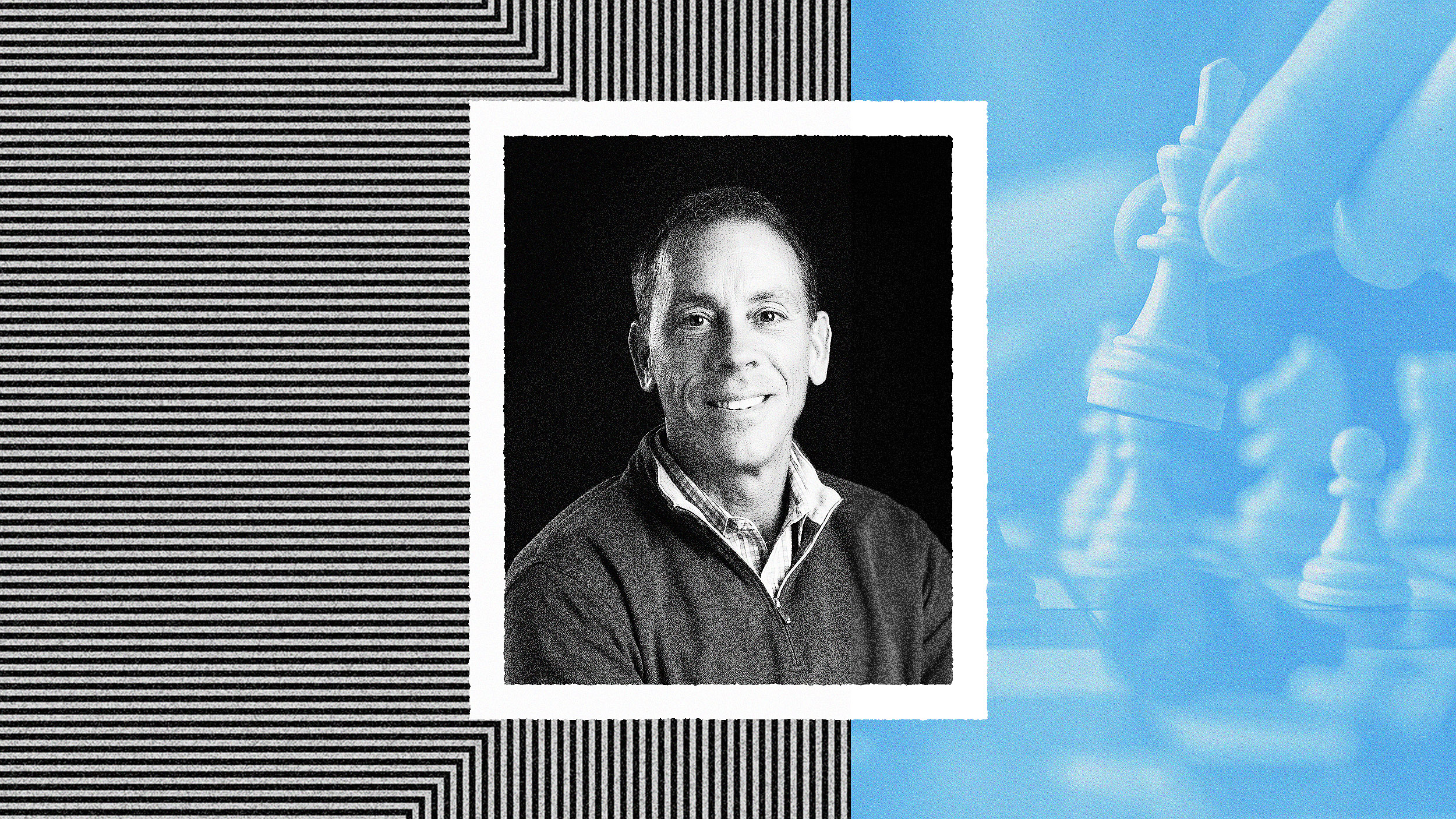Inder Singh has devoted his life to finding innovative healthcare solutions for populations harmed by infectious diseases such as malaria. He served as the Executive Vice President of the Clinton Foundation’s Clinton Health Access Initiative (CHAI), a global not-for-profit organization fighting malaria and other diseases. More than 2.6 million HIV/AIDS patients have received drugs subsidized through CHAI, and more than 30 million malaria patients have received drugs produced at lower cost thanks to CHAI licensing deals.
Singh is also the founder of Kinsa, whose mission is to create the world’s first real-time map of human health to empower society with the information to track and stop the spread of disease. Kinsa gathers the data to map health using smartphone-connected sensors. It is produces an ultra-low-cost smartphone-connected thermometer. By combining a thermometer with a smartphone, Kinsa is “turns a thermometer into a communication device” with people who have just fallen ill. In addition to providing a temperature readout, this thermometer, marketed as the “world’s smartest thermometer,” tracks symptoms, enables one to get advice directly from a medical professional, and see the “health weather” in the local area to know whether flu or strep throat is circulating. Using the smartphone display and audio, it is also designed to ease taking a child’s temperature by creating an engaging experience for both a child and parent.
Inder Singh: Kinsa was founded with a mission to create the world's first real time map of human health to track and to stop the spread of disease. And the final sort of piece of the pie that came together is I met this brilliant technologist, this wonderful technologist who had done a whole bunch of really interesting things, not only in the software world but also in the hardware world and connecting the two creating a bunch of app enabled hardware products, toys, sensors. And he was similarly frustrated. He was a new parent and he was frustrated because every single time is child fell ill he would have to call the doctor or go to the doctor to simply understand what's going around. So he's similarly felt that we were just completely in the dark ages and we shouldn't be in the dark ages about knowing the health situation around us. And that's such an important and intimate aspects of our lives; we really need to make progress on it. So we came together and we started Kinsa.
I think it's absolutely critical that you know exactly what problem you're trying to attack. You need to understand the bounds of the scope. There's old adages that focus leads to success. I really, really believe that. You've got to focus on one really important thing. And to me the way to crystallize that focus is through a very simple problem statement. What are you trying to solve? So there's always going to be opportunities for you to expand your scope. I strongly suggest to many entrepreneurs don't expand your scope before you see success in trying to address the problem statement. In someway you achieve a few milestones, but they'll always be opportunities to expand your scope. I think being crystal clear about what problem you're trying to solve is also really beneficial for your culture as a company. We at Kinsa have people that span the gambit from medical backgrounds to big data backgrounds to software developers to hardware developers to people who have expertise in Chinese manufacturing facilities. Like it's very, very broad. So while our product sounds really simple, it cuts across many, many different areas, but one unifying theme, one thing that we're they're all together to do is to accomplish our mission; is to create this map of human health. And it's the stream of consciousness that allows us to communicate with each other and to join together and be really, really passionate about what we're doing and how we're using our skill set to contribute to the problem. So it's a great unifier for culture.





